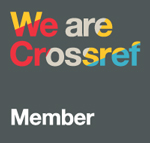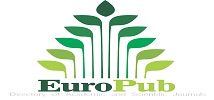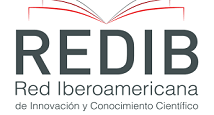Textualization and textuality in research activity
DOI:
https://doi.org/10.51440/unsch.revistaeducacion.2024.23.502Keywords:
Research activity, textualization and textualityAbstract
The text “Textualization and textuality in research activity” addresses the complexity of research activity in the academic and work environment, highlighting the importance of the methodological training of the teacher as a researcher. It is highlighted that research involves key processes such as problem statement, literature review, research design, data collection and analysis, interpretation of results, conclusions and recommendations, as well as communication of results. The relevance of textualization and textuality in research is highlighted, defining textualization as the process of converting information into written form, highlighting its characteristics such as written expression, coherent organization and adaptation to the public. It is emphasized that textualization is not simply a mechanical transposition, but a conscious process of selection, organization and adaptation to meet the needs of the written medium and the public. Regarding textuality, it is explored as the set of characteristics that define a text, including cohesion, coherence, adequacy, culturality, textual integrity, organization, textual creativity, significance and clarity. These characteristics interact to form a coherent and effective text in specific applications in the research context, such as scientific rigor, formal structure, citations and references, objectivity, technical language, detailed methodology, clarity in the presentation of data and peer review. The interrelation between textualization and textuality in research activity is highlighted, emphasizing that the researcher must be able to clearly express his or her ideas, methodologies, results and conclusions through careful textualization that adheres to the textuality standards of the academic field. In conclusion, it is emphasized that both the creation of texts from data and findings (textualization) and the characteristics that make these texts effective (textuality) are fundamental for the successful communication of research.
Downloads
References
Barthes, R .(1967). La muerte del autor. Londres
Cassany, D. (2003). Desarrollar competencias en la escritura. Barcelona: Paidós
Jiménez, M. (2019). Textualizar “en blanco y negro” un proceso investigativo: complejo reto para el investigador-escritor. Revista La Universidad N° 40, 87-101. https://revistas.ues.edu.sv/index.php/launiversidad/article/view/1632/1560
Wheatley, M. (1992). Liderazgo y la nueva ciencia: Descubriendo y creando en la organización. Estados Unidos.
Downloads
Published
How to Cite
Issue
Section
License

This work is licensed under a Creative Commons Attribution-NonCommercial 4.0 International License.





















